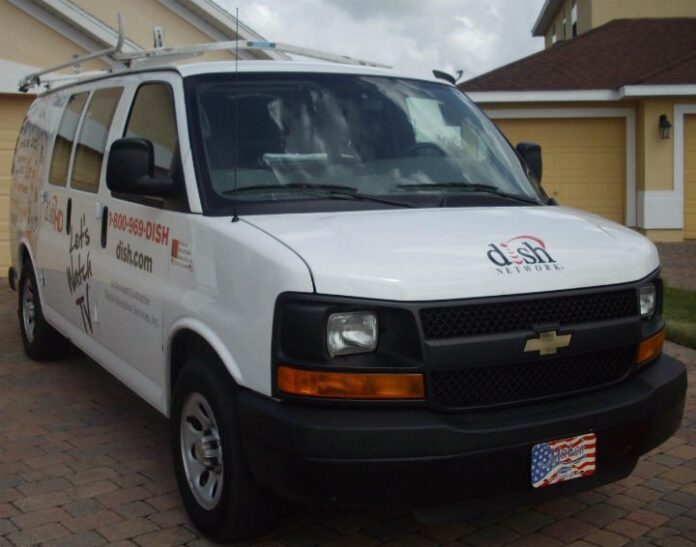FCC plan to revoke $3B bidding credit has Dish Network looking at options
Dish Network is leaving all options on the table in regard to its vast spectrum holdings in light of a recent move by the Federal Communications Commission to revoke a $3 billion bidding credit the company and bidding partners controversially received in the recent AWS-3 auction.
Speaking to investors and the media following the release of its second-quarter financial results, Dish Network’s management said the company is looking at various possibilities in terms of its spectrum holdings, including the possible sale or leasing of some of those assets.
The FCC is currently reviewing Dish Network’s partnership with a pair of designated entities that participated in the AWS-3 auction, which eventually ended up with total auction bids of more than $13 billion. However, since the licenses were won by the previously approved DEs – Northstar Wireless and SNR Wireless – a 25% bidding credit knocked down the total amount due to just $10 billion.
The FCC’s DE program allows for a 15% credit for small businesses, which are those with annual gross revenue of less than $40 million for the preceding three years, and 25% for “very small business,” or those with less than $15 million in annual gross revenue. Dish Network has annual revenues of nearly $14 billion.
Following close of the record-setting auction, The Wall Street Journal put together a graphic highlighting Dish Network’s relationship to Northstar, showing its tangential controlling stake behind the scenes.
Dish CEO Charlie Ergen said the company is looking at several options in terms of the AWS-3 spectrum, including not paying the FCC, which would incur a 15% penalty on top of potentially other charges; paying the full amount on the licenses excluding the DE discount; or filing a lawsuit against the FCC. Ergen’s further explanation seemed to indicate the company was leaning toward the second option, noting that such a move would then free up Dish and its DE partners to sell or lease that spectrum to other parties.
That move could also see Dish Network separate its business into satellite operations and spectrum holdings. Dish owns a fairly substantial swath of spectrum ranging from the 700 MHz band up to the lower 2 GHz band, with some of those holdings downlink-only channels that are seen as particularly valuable for streaming video content. AT&T recently noted that Dish Network is sitting on an average of 81 megahertz of spectrum across the nation’s top 100 markets, with most of that in so-called midband locations.
Uncertainty clouds potential T-Mobile US deal, incentive auction participation
Dish also noted that uncertainty over the $3 billion DE discount has prevented the company from making further progress on potential partnerships or acquisitions in the mobile space. Ergen was specifically asked about a deal with T-Mobile US, which he said had been complicated by the current discount issue.
Dish Network’s stock tumbled late last month following reports it had fallen short on terms being put forth by T-Mobile US parent company Deutsche Telekom. Dish has for years been linked to a potential bid for T-Mobile US after falling short in a previous attempt to acquire Sprint.
The financial uncertainty is also damping Dish Network’s enthusiasm toward the FCC’s planned 600 MHz incentive auction process, currently scheduled for early next year.
“Obviously, to the extent that the FCC requires us to pay the discount in the last auction, then it would be a complicating factor for us in that auction,” Ergen explained.
Bored? Why not follow me on Twitter

